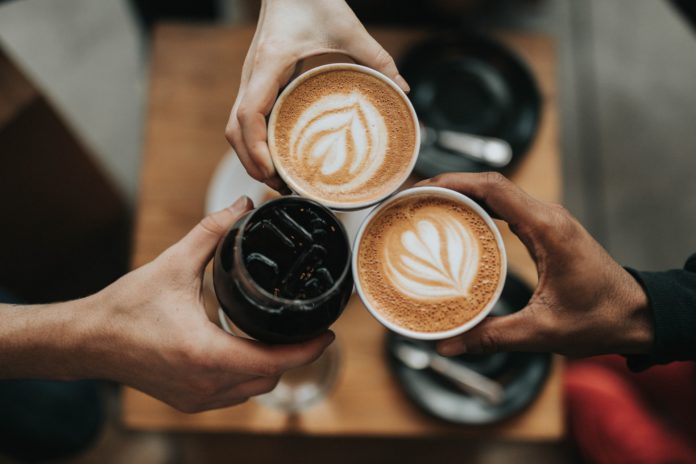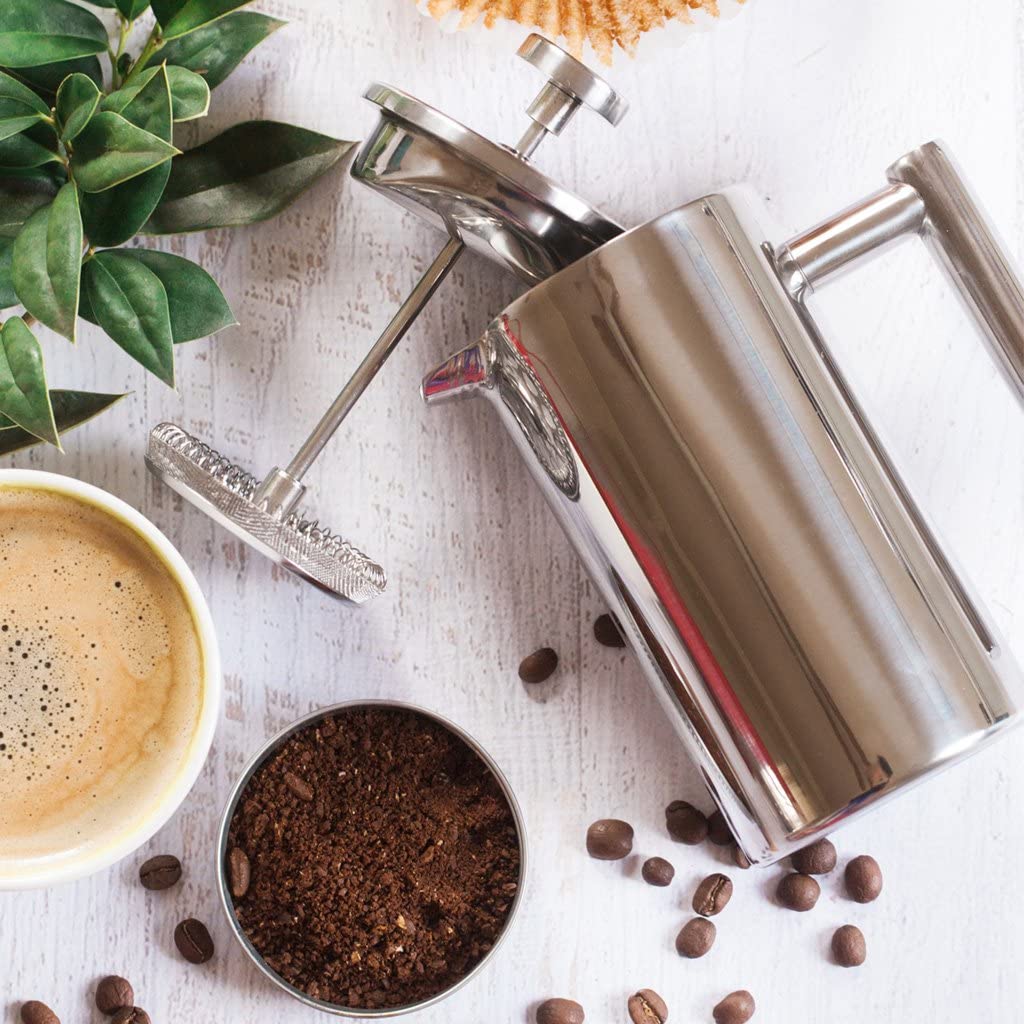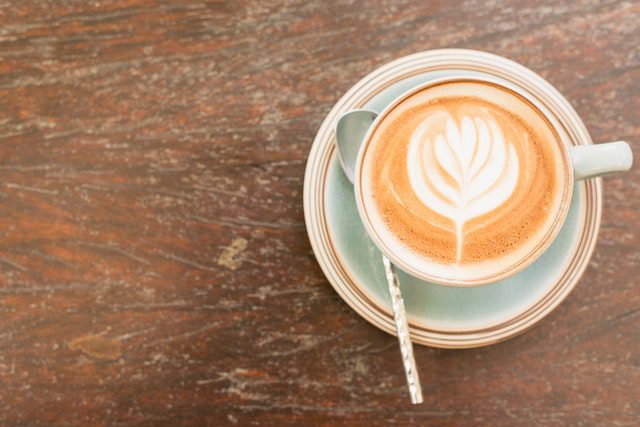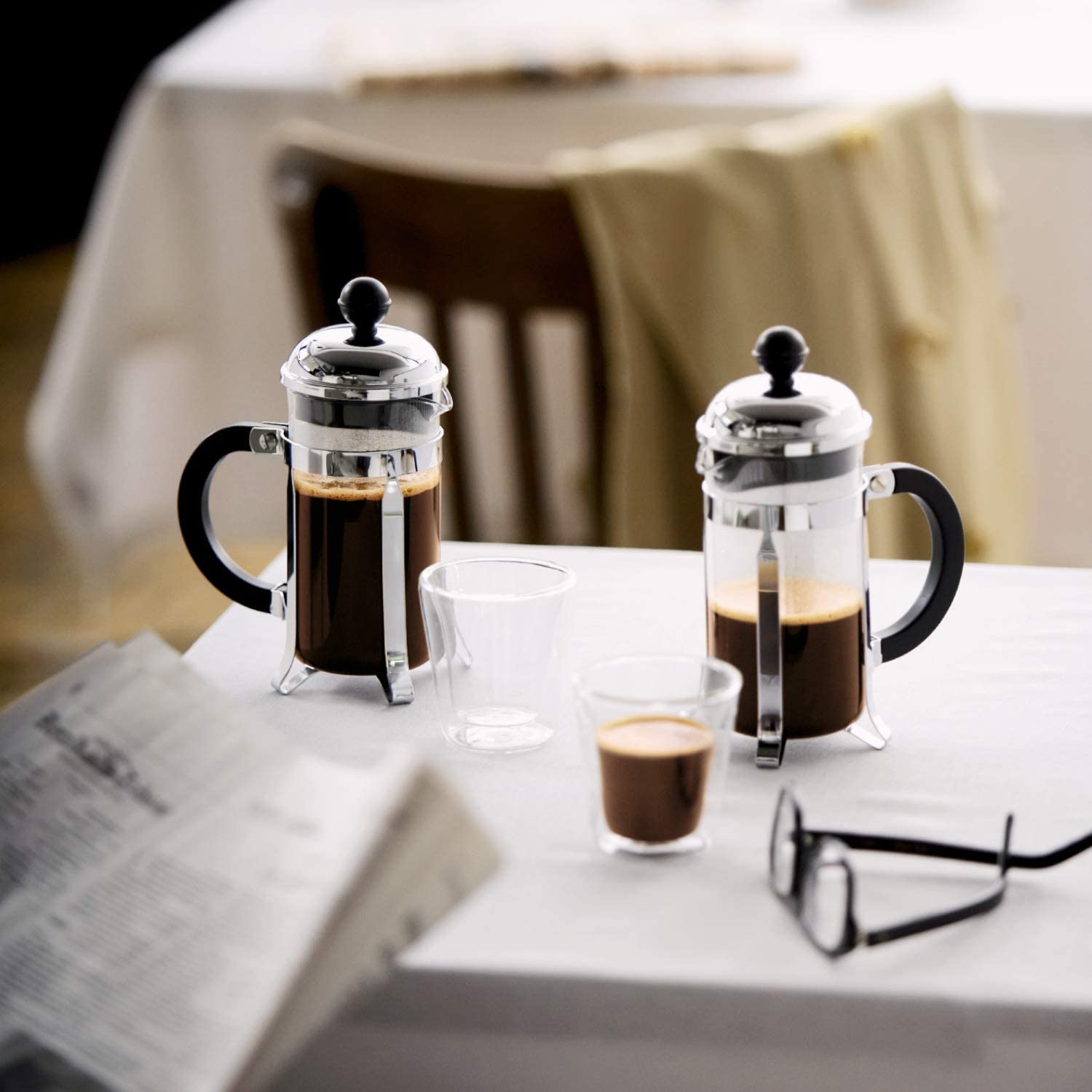There are many myths about the effects of coffee on the body. Some researchers believe that it’s harmful and incompatible with an active lifestyle and workouts in the gym, while others are convinced of the drink’s health benefits.
Let’s understand, based on the results of recent studies, whether it’s possible to drink coffee before training, what benefits and harms it brings to the body, and how it affects the effectiveness of sports.
The Main Benefits of Coffee Before a Workout
Coffee contains more than one hundred different components, so its use influences the biochemical processes occurring in the body. The main effect is produced by caffeine, an alkaloid contained in coffee beans, which stimulates the central nervous system. That’s why taking an aromatic drink causes increased activity – most people respond to caffeine with increased energy and improved mood.
Taking just one cup of coffee blocks the production of adenosine, a neurotransmitter that inhibits alertness and stimulates sleep. The brain reacts by releasing adrenaline and dopamine, which cause a burst of energy. As a result, you feel that you can do everything from just playing at Hellspin Casino or cooking to completing job tasks and working out.
Under the influence of caffeine in the body:
- The heart speeds up.
- The blood vessels constrict.
- Blood pressure rises.
- It speeds up the metabolism.
- The work of the muscular system is stimulated.
- Activity and concentration increase.
Adrenaline production accelerates the release of fatty acids into the blood. During physical activity the muscles will use them as an energy source, saving valuable glycogen reserves.
If you drink coffee before a workout, you will increase your stamina and ability to endure the load for a longer time during the workout.
It’s proved that caffeine, by stimulating the release of adrenaline, can increase muscle strength and enhance muscle contraction. The feeling of physical tension is dulled, which allows you to do more repetitions or lift more weight.
Also Read: What Does Coffee Do To Your body?
Scientific studies have shown that two cups of coffee (470 ml) increases training efficiency and performance by 22%. Strength performance increases by 10%.
Thus, drinking coffee before exercise will greatly increase workout efficiency because of the caffeine:
- Dulls the feeling of fatigue and increases performance.
- Allows you to sustain aerobic activity for a longer time.
- Alleviates muscle pain during strength exercises.
- Increases testosterone levels (a hormone that helps athletes build muscle mass).
- Stimulates the CNS by increasing activity, concentration on exercise technique, and reaction speed.
Increasing the intensity of exercise increases the load on muscles, which stimulates the growth of muscle mass, and accelerates the burning of fat reserves.
In general, pre-workout coffee allows you to achieve better performance in the sport. It isn’t for nothing that caffeine is included in many pre-training complexes, sports supplements, and fat burners.
Also Read: 5 Reasons Why You Should Drink Coffee Everyday
Harms and Contraindications to Pre-workout Caffeine
Any stimulant can cause adverse reactions in the body, especially when used in large doses. Individual intolerance to caffeine and allergic reactions may also be observed. With some diseases, coffee is generally contraindicated, while the use of this generally useful drink before training can cause unpredictable health consequences.
Don’t consume caffeine-containing drinks and sports supplements before physical activity at the gym:
- If you have arterial hypertension.
- Pregnant and lactating women.
- At high nervous excitability.
- For gastric and duodenal ulcers and gastritis with hyperacidity.
- Severe visual impairments, glaucoma.
People over 50 years of age or those who have diseases of the cardiovascular system should also refrain from fragrant drinks before training. In any case, the possibility of its use should be discussed with your doctor.
But even healthy athletes need to consider that taking coffee has side effects and can lead to adverse health consequences:
- When consumed on an empty stomach, it irritates the stomach mucosa and can provoke the development of gastritis and ulcers, as caffeine increases the secretion of gastric juice.
- It hurts blood flow in the blood vessels, putting an additional load on the heart and reducing the flow of oxygen to the organs.
- Causes a slight diuretic effect (acts as a diuretic). If there is a lack of fluid in the body it leads to a violation of the water-salt balance and increases the load on the kidneys.
- Stimulates bowel muscles and acts as a mild laxative. Sometimes it causes colic, diarrhea, and indigestion.
- Affects the absorption of drugs – reduces or, conversely, increases the absorption of some drugs.
- Increases anxiety and may cause depression.
Caffeine as a stimulant is addictive and dependent. To get an invigorating effect, it’s necessary to increase the amount of coffee consumed, which entails many negative health consequences.
When the body becomes addicted to caffeine, the drink before sporting activities will no longer stimulate performance and refresh your body. Moreover, it can lead to rapid exhaustion and a feeling of fatigue.
How and How Much Coffee to Drink Before a Workout
To ensure that drinking coffee before a workout has only a positive effect on the body and doesn’t cause side effects, it’s important to know how and how much it’s recommended to drink.
According to WHO recommendations, you can drink 300-500 mg of caffeine during the day without harming your health. The norm is 3-5 mg/kg of weight. Depending on the variety of coffee and its roasting, one cup of energizing drink contains 80-120 mg of caffeine. This means that you can drink no more than 3 cups a day without fear of negative health consequences.
But the optimal dose of caffeine depends a lot on the individual characteristics of the person and the frequency of consumption of an invigorating drink. At its daily intake, even 400 grams of caffeine are almost imperceptible to the body. Some people after drinking just one cup of coffee experience symptoms of overdose (heart palpitations, dizziness, high blood pressure).
For the consumption of flavored drinks before the fitness session to have a stimulating and fat-burning effect, you should drink 1-2 cups 40 minutes before the physical activity. In this dosage, it’s safe for the nervous and cardiovascular system and doesn’t have a pronounced diuretic effect. Coffee should be drunk without sugar and cream – then it will contain a minimum of calories and will have the desired effect on the body.
If you take it just before a workout at the gym, the drink won’t have time to work because caffeine reaches its maximum concentration in the blood 40-50 minutes after consumption.
To increase the efficiency of training and fast recovery, it’s recommended to drink natural coffee made in a coffee machine or brewed in a decanter. It’s better to give up instant coffee.
Frequent consumption of coffee in large doses (more than four cups daily) hurts the body:
- Quickly comes a tolerance (addiction) to caffeine.
- There are signs of nervous system exhaustion (irritability, insomnia, anxiety without reason, depression).
- Reduced ability to work.
- The risk of heart attack, stroke, and early death increases (fourfold).
- Urinary incontinence may occur.
- Increases the risk of gout.
To prevent addiction and reduce the effect of taking coffee before a workout, you should consume it no more than twice a week. It’s advisable to take a ten-day break after one month of regular consumption.
Can You Drink Coffee After Your Workout?
It isn’t recommended to drink coffee after an intense power or cardio workout. Physical activity is already a kind of stress for the body, which reacts by releasing adrenaline. Drinking coffee immediately after it will cause additional strain on your heart and blood vessels.
After working out, it’s recommended to drink coffee only 30-40 minutes later. An invigorating drink will give you strength and energy when you feel weak after exhausting exertion.
There is another plus in drinking coffee after exercise – caffeine helps minimize pain syndrome and faster muscle recovery (according to studies by 48%).
What’s Better Than Coffee or Caffeine Pills?
Instead of coffee, you can take 2-3 tablets of caffeine sodium benzoate to increase the effectiveness of the workout. One tablet contains 40 g of caffeine and 60 g of the auxiliary substance sodium benzoate, which increases the solubility of absorption of the active component. This is the only caffeine-containing drug that is available in pharmacies without a prescription.
Scientific studies have not yet revealed which source of caffeine is the best: natural coffee or synthetic pills. Each organism is different, so only by experimenting can you find out which of them has a greater stimulating effect and is suitable for you.
Caffeine pills will be a real cure-all for those who, for whatever reason, don’t like to drink coffee, but want to increase muscle strength and lose weight faster.
Pre-workout Coffee for Weight Loss
Recent studies confirm that drinking coffee in conjunction with exercise helps you lose weight faster. Caffeine speeds up the metabolism and has fat-burning properties: it promotes the release of fatty acids from fatty tissue into the blood, which is then oxidized in the muscles during exercise. Moreover, it regulates blood sugar levels by improving insulin sensitivity and reducing hunger.
For weight loss, you should drink 1-2 cups of a freshly brewed drink without sugar and cream (you can add a little milk) 30 minutes before cardio or strength training.
Harvard scientists found that green coffee promotes weight loss to a greater extent than black coffee. The average weight loss of the subjects in three months was 5.5 and 3 kg, respectively.
What Can Replace Coffee?
Coffee is rich, but not the only source of caffeine. This substance is found in considerable quantities:
- Energy drinks – up to 100 mg per 150 ml.
- Tea leaves – 60 mg in a cup of black tea and 75 g of green tea.
- Coca-Cola – 40 mg.
Most thermogenic sports supplements also contain caffeine. There is even a protein-enriched coffee (Protein Coffee by Scitec Nutrition) to make a nutritional shake for bodybuilders. One dose of the drink contains 27 g of protein and 100 mg of caffeine.
Besides coffee to increase stamina and muscle strength before strength training to gain muscle mass, you can use sports nutrition with caffeine and energy drinks. For weight loss, it’s better to drink a cup of strong tea before exercising instead of coffee.





